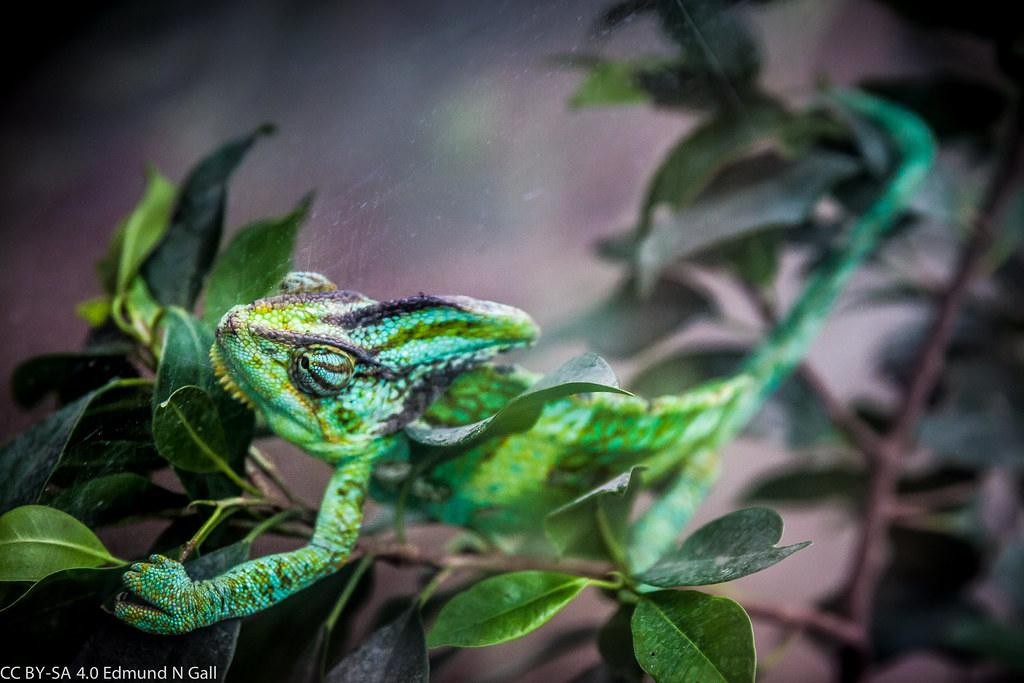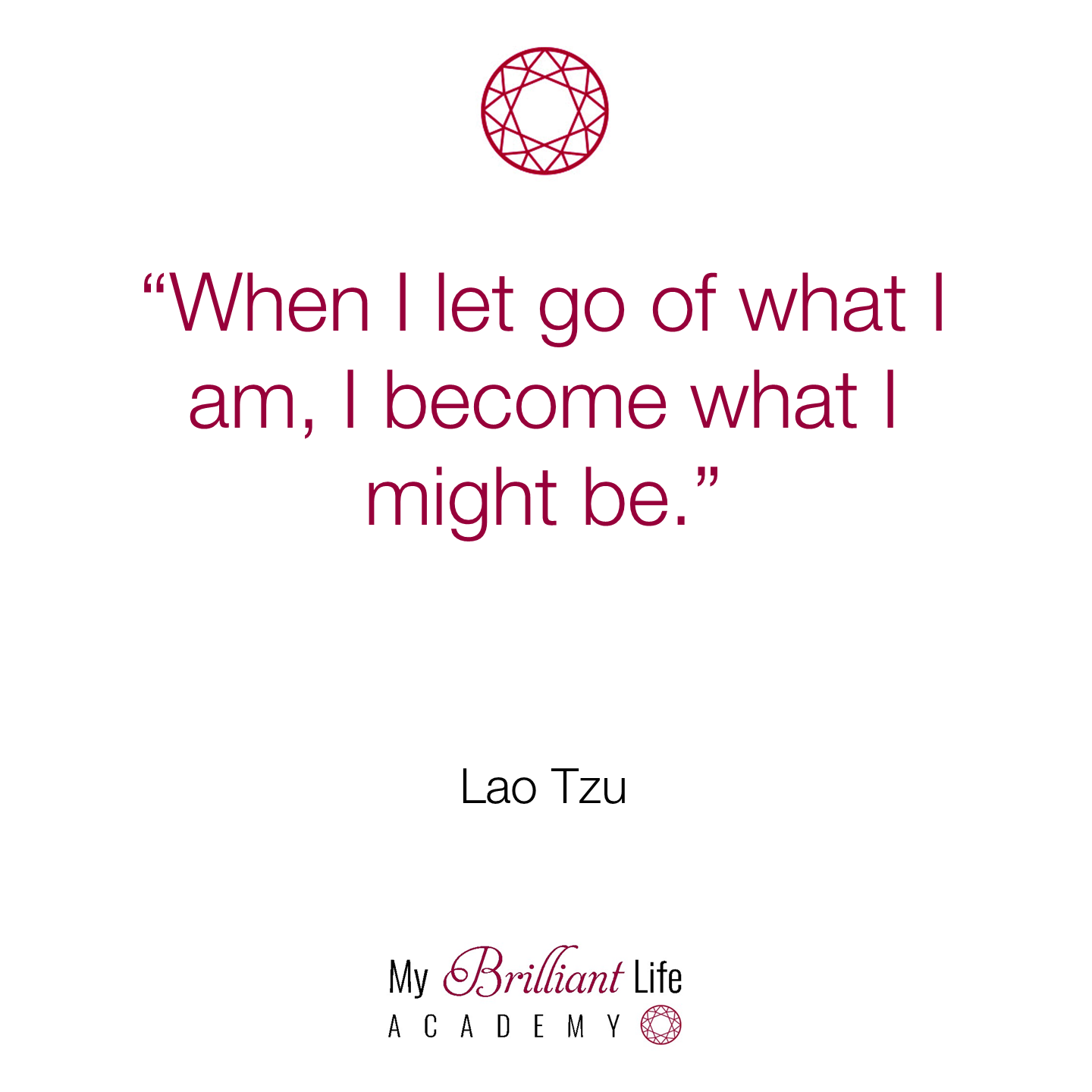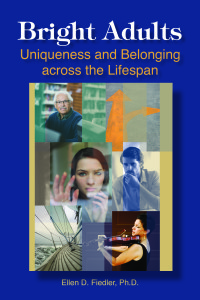If you had told me five years ago that I was a chameleon, I would have laughed at you. Little did I know. It only started to dawn on me when exploring the concepts of ‚giftedness‘ and ‚eXtra intelligent people‘. Then I came across this poem: The Chameleon by Ellen Fiedler. I had zero words for what happened to me when reading it for the first time. Want to find out what it does to you?

After stumbling over ‚giftedness‘ and having collected information online, I started to read books that made me think. I like to think… I first thought, well, it’s not really plausible… Then, I wondered more and more. How came I recognized myself in so many ways in these people, in their struggles as well in their exuberant ways? Read the ‚coming out‘ article Meet Patty Muffins to learn more about this journey and to find links to the first brilliant books I read around ‚giftedness‘ in adults.
One fabulous book I did not mention there is Bright Adults by Ellen D. Fiedler. The subtitle is promising: Uniqueness and Belonging across the Lifespan. On page 11, you’ll find the poem. It starts like this:
The Chameleon
Sometimes you see me; then you don’t.
I know the tricks for blending in.
My color’s bright,
(…)
Patty Muffins loves poems and was happy to record it for you. I invite you to listen to it now:
On page 13 of Bright Adults Ellen Fiedler cites six aspects that are all typical of bright, talented and gifted adults: „emotional intensity, metacognition (thinking about thinking), and heightened sensitivity, along with enthusiasm, excitability, and expressiveness.“
The impact of the poem was so powerful that I shared it in a video training in my closed online community Brilliant Living for Bright Women Playground. I also read it aloud to some of my clients who, from my point of view, were undoubtedly ‚gifted‘ but who strongly questioned it or refuted the idea completely. One of them told me afterwards, „the poem hit me.“ And there I heard the words I had been missing…
This poem hit me and at the same time, it touched me at the marrow of my bones. It’s mainly through reading about other Europeans who learned about their giftedness only as adults that I started to remember how and in how many contexts it had become habitual for me to show only part of myself. To dim my brightness. To even hide in the shade. Preferring not to be seen and — sometimes — getting into the habit to even stop thinking (as things got too difficult otherwise).
I am well aware, that adjusting to one’s environment is part of the experience of every human being. After all, we are ‚social animals’. However, apparently there is a reason why some people prefer to call the bright adults eXtra Intensive People or XIPs.
Learn to be yourself
 It’s never too late to discover and „know who it is I really am“ as the poem ends. I still do not really have words for the — what I call — ‚self-knitted straight jackets‘ I had been wearing, without being aware of them, for several decades.
It’s never too late to discover and „know who it is I really am“ as the poem ends. I still do not really have words for the — what I call — ‚self-knitted straight jackets‘ I had been wearing, without being aware of them, for several decades.
And it takes time, to take them off. It takes time to get used to moving freely without them. It takes time to find environments where you feel safe. It takes trial and error to figure out how to modulate the volume of your intensity, enthusiasm and expressiveness after having dared to turn it up… even around other XIPs.
But since I understood what it takes to recognize the other ‚gifted‘ adults out there, I started to find them. They started to find me. Note: there is no such thing as The Gifted Adult. This is a very heterogeneous lot. Imagine saying The Blue-Eyed Human… this is one aspect of the person that she or he has in common with other people with blue eyes.
If the metaphor of the Chameleon does not speak to you a priori, I have another one for you: Have you ever felt like an alien?
Navigate across life without being a chameleon
 Ellen D. Fiedler uses metaphors with regard to sailing to describe the different stages with its challenges and opportunities and in order to help Bright Adults to make sense of the past and present and to navigate well through the seas of life:
Ellen D. Fiedler uses metaphors with regard to sailing to describe the different stages with its challenges and opportunities and in order to help Bright Adults to make sense of the past and present and to navigate well through the seas of life:
Seekers — 18 – 25
Voyagers — 25 – 35
Explorers — 35 – 50
Navigators — 50 – 65
Actualizers — 65 – 80
I can highly recommend the book to you if you recognize yourself in the six (accumulated) aspects of Bright Adults given above and are in a transition phase of your life.
You may also just have found out about the possibility that ‚giftedness‘ could be something worth having a closer look at. This book will give you guidelines. And you will feel less alone. Feel free to reach out if you want to explore the topic further, I’m happy to guide you to useful resources or support you on your path of discovery.
Please share this article with your friends using the buttons below. Thank you!
Photo: CC “2014-07 UK – Living Rainforest 05” by Edmund Nigel Gall
Let’s connectPlease share this article via
Leave a Reply